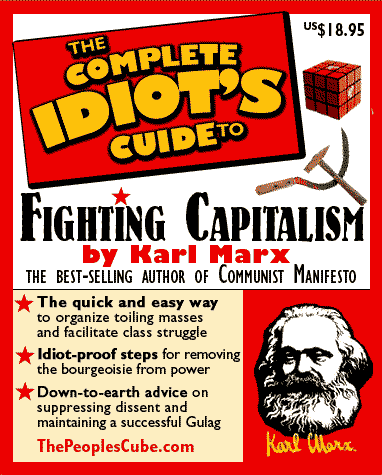newpolitics
vegan atheist indy
- Sep 27, 2008
- 2,931
- 262
- 48
Government is an abject failure at making people equal.
But no corporation is as wealthy or powerful as government.
This is so fucking stupid and ignorant. You are wrong on both accounts. Corporations, first of all, bribe all of our politicians into becoming elected, with their interests in mind, so government and corporations have really melded into one. Second, corporations can go international, and do things that the government simply can not control. Corporations have taken over this world. All this world is is a bunch of corporations.
